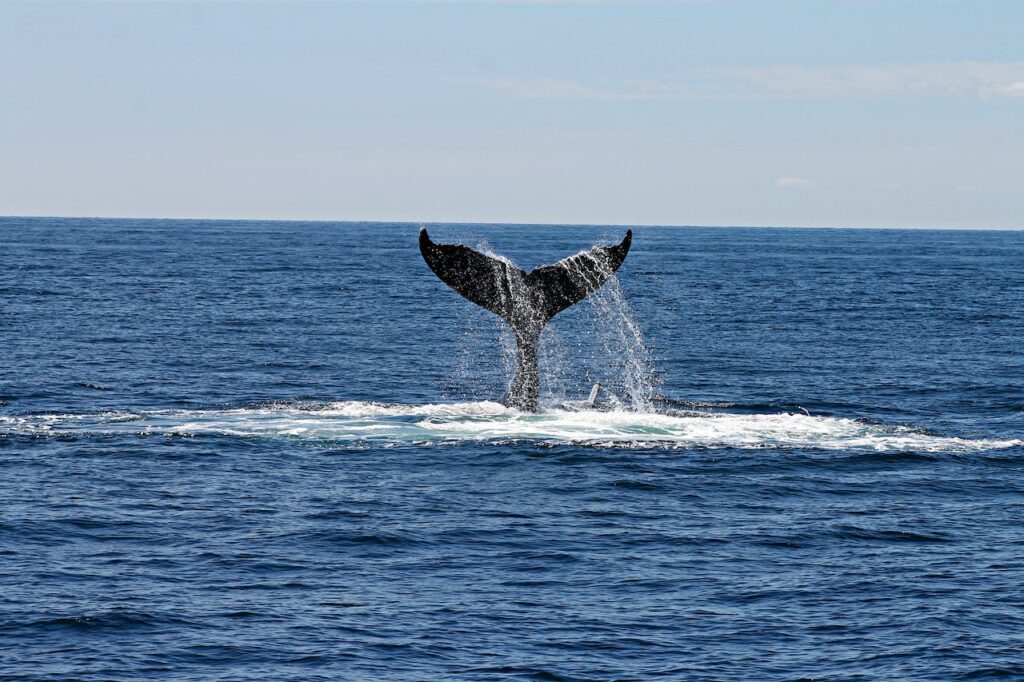When I met my wife-to-be, we were both committed to serving God in cross-cultural children’s ministry work.
We even set a goal of moving overseas within ten years of our marriage which was June 10, 1984.
However, there were some major obstacles— in fact, three to be specific.
First, we had school debt from Marla’s years studying at Vanguard University. Her parents had made great sacrifices and she had received considerable financial aid, but we still had a formidable amount of debt.
This precluded serving with almost all international ministry organizations.
Second, we wanted to start a family and did not have maternity insurance.
Finally, I was about halfway through my seminary studies and did not have the financial resources to finish any time in the near future. I was on the ten-year MDiv program!
We prayed together, asking God for some kind of sign that would address those three issues. We also had a group of four couples praying with us.
A few days later, the pastor of our church met with me and told me that I had been doing a great job. I was getting a raise, a new office, and maternity insurance for our family.
A few Sundays later, we received a call after church from a family that had just purchased a home in an affluent neighborhood in Newport Beach, near the church.
They were going to build a new house on the lot and asked if we would like to live in it rent-free and utility utility-free for 4-8 months.
The savings would allow us to pay off our debt. Then just a few weeks later, a couple in the church met with us and told us they felt led by God to fund my seminary education including my books.
Our pastor had agreed and would give me time to finish my degree in a timely fashion.
Our group discerned that God was opening the door for our service overseas.
Our daughter was born a year later, our debt was dismissed, and I graduated from seminary. In August of 1991, we moved to Poland three years ahead of our schedule but perfect in God’s timing.
The experiential learning of that period put us in good stead as we experienced the challenges of launching a new ministry work in challenging circumstances.
Experiential learning is powerful. We learned “experientially” as did the prophet Jonah.
There are two experiential learning episodes in Jonah, both created by God to teach Jonah important lessons.
The Fish

The calling of Jonah (Jonah 1:1-2) was a difficult one.
Not only was he called to deliver a message of imminent judgment, but he was also called to deliver that message to the arch-enemy of Israel, the Assyrians.
Not only was he to deliver the bad news, but he was also to announce it in their capital city, Nineveh.
One scholar argued it would be like a Jew being called to deliver a message of judgment to Nazi Germany on the streets of Berlin.
It explains why Jonah attempted to run away from God by fleeing on a boat in the opposite direction to Tarshish. This is where the first experiential episode begins.
First, a great storm overcomes the ship (1:4) causing the crew to confront Jonah.
Jonah confesses his disobedience as the cause of the storm, and he is thrown overboard (1:7-16). Facing imminent death by drowning, the LORD causes a great fish to swallow Jonah, forestalling death (1:17).
Still, finding oneself in the belly of a giant fish is only a postponement of death. However, responding to God, Jonah prays a beautiful prayer (2:1-9) culminating with a statement of faith regarding salvation coming from the LORD (2:9).
This in turn leads to the fish unexpectedly vomiting Jonah onto dry land (2:10).
This entire experiential activity serves to teach Jonah several important truths:
- When God asks us to do difficult things it is a mistake to run away in disobedience.
- You cannot hide from God.
- There are consequences for disobedience.
- God is patient and gives Jonah another chance to obey Him.
The Vine

Jonah responds positively to the second calling (3:1-2).
He travels to Nineveh and delivers the message of judgment. To his surprise, the people of Nineveh including their King are stricken with conviction and so the people repent of their sins and “call urgently on God,” praying that He might relent and show them compassion and mercy (3:5-9).
God observes their response and relents, foregoing the destruction He had threatened (3:10). God has used the prophet of God to bring a spiritual revival to the entire city of Nineveh.
Rather than being filled with joy, Jonah reacts in bitter anger. He is so upset that he expresses his desire to die (4:1-3).
We would certainly understand if God had disciplined Jonah or even granted his death wish. However, God uses yet another experiential activity to teach Jonah.
Jonah had left the city and was pouting under a homemade shelter. Apparently, he was waiting for God to return to the original plan of destruction for Nineveh (4:5).
At this moment God causes a vine to grow up and provide shade for Jonah. The vine brings relief from the heat and eases the physical discomfort that Jonah is feeling.
It provided cool shade in the heat and was “pleasing to Jonah” (4:6). However, the next day God brings a worm to eat the vine and then at dawn causes a scorching wind to blow.
With the cool shade of the vine gone and the hot wind blowing, Jonah is miserable and reiterates his suicidal desire (4:7-8).
Using the experiential activity, the LORD brings home the point that God created the plant, not Jonah.
What God created remains God’s responsibility. Jonah is not the creator of the Ninevites, but rather God is. Jonah has a pride issue.
Furthermore, Jonah is concerned about the life of the plant but not the lives of the Assyrians. Jonah had a problem of misplaced priorities.
The experience with the vine, worm, and wind brings these truths home experientially. We can make a few simple observations from these two examples:
- God creates the experiential activities for the specific purpose of teaching Jonah important truth.
- Each activity (fish, vine) involves Jonah’s senses such as touch, smell, and probably taste. They are designed to move beyond just seeing, hearing, and the cognitive realm.
- God does not conduct the experiential activities and move on. This is crucial! He follows up on the experiential activity by teaching truth.
Transformational children’s ministry includes these very elements.
We create experiential activities, moving beyond talking and listening only.
Finally, we connect the experiential activity with biblical truth. If we want to see the lives of boys and girls transformed by God in our children’s ministry, then include experiential teaching.
